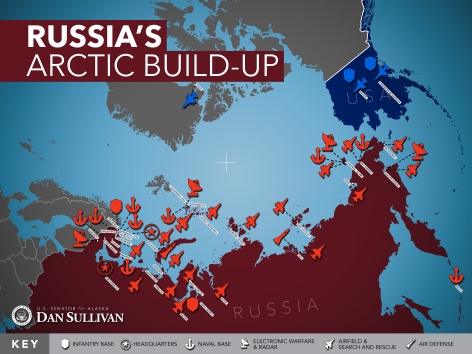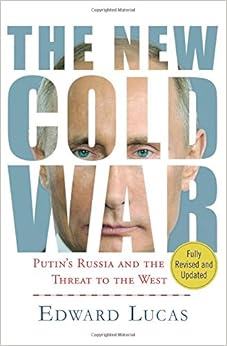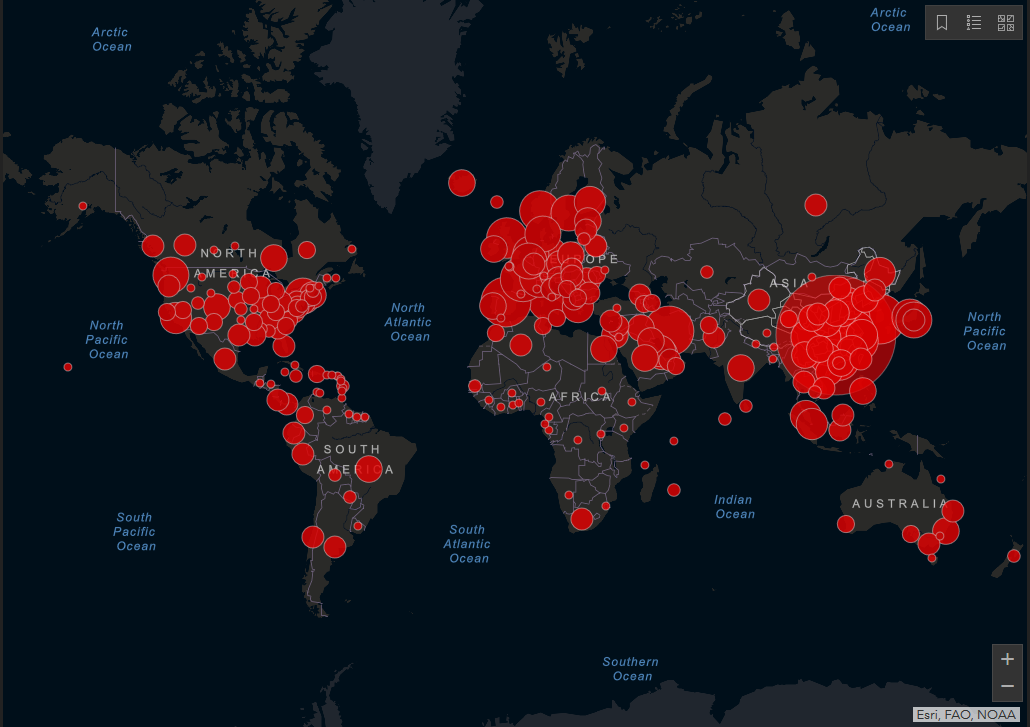 – Communist Party Woos New Generation of Russians with No Adult Experience of the Gulags, Mass Murders, and Societal Regimentation
– Communist Party Woos New Generation of Russians with No Adult Experience of the Gulags, Mass Murders, and Societal Regimentation
In yesterday’s State Duma election in Russia, the (secretly ruling) Communist Party of the Russian Federation (CPRF) surged ahead with nearly 20 percent of the vote, stealing support from the potemkin United Russia in what amounted to an electoral protest against the “oligarchic” Putinist regime. Whether as prime minister or president, Vladimir Putin has been the visible ruler of Russia since late 1999.
About 60 percent of Russia’s 110 million registered voters, strewn across nine time zones (as of 2010), cast ballots, down from 64 percent four years ago. With 95 percent of the votes processed as of Monday, Russia’s Central Election Commission announced that United Russia, which was founded by “ex”-communists in 2000, led with a shade under 50 percent, followed by the Communists, the social democratic Just Russia with 13 percent, and the neo-fascist (“ultranationalist”) Liberal Democrats with 12 percent.
In terms of seat redistribution in Russia’s lower house of parliament, United Russia will have 238 deputies, down from the 315 elected in 2007, while the CPRF’s representation will jump from 57 to 92 deputies. Now Russia’s “party of power” no longer has the supermajority it needs to change constitution without impediment.
“For many Russians disillusioned by rampant corruption and a widening gap between rich and poor,” comments Alissa de Carbonnel for Reuters, “the communists represented the only credible opposition to Putin’s United Russia.” Through all the turmoil of the early 1990s after the Soviet Union collapsed,” she continues, “the party kept a strong national organization based on regions and workplace.” From voter interviews by the news media, it is apparent that Russians who voted Communist on Sunday were “gritting their teeth” and “holding their noses.”
“Many people [40 percent] didn’t vote, simply saying there’s no-one to vote for and it’s all decided ahead of time,” said veteran commentator Vladimir Pozner, whose name and face were well known in the West during the late 1980s. At that time, Soviet dictator Mikhail Gorbachev was implementing his perestroika (“restructuring”) and glasnost (“openness”) reforms. “That’s a shame because if more had voted, Yabloko might have got in,” Pozner stated.
Economist Grigory Yavlinsky’s Yabloko party, however, is closely associated in the minds of many with the economic and social chaos of the “post”-Soviet era. For this reason, on Sunday Yabloko doubled its vote to only 3.3 percent.
“The Communists are the only real party out there,” observed one Western banker in Moscow. “United Russia is a joke, Just Russia is a joke and the LDPR is a joke and many people know it. So they vote communist because they realize it is a real vote for the opposition and against United Russia.”
“With sadness I remember how I passionately vowed to my grandfather I would never vote for the Communists,” declared Yulia Serpikova, 27, a freelance location manager in the Russian film industry. “It’s sad that with the ballot in hand I had to tick the box for them to vote against it all.”
“United Russia has angered everybody, so people are looking for an alternative,” said Alexander Kurov, a physics student at Moscow State University. Kurov was born in 1992, the year after the Soviet Union collapsed. “I don’t particularly like the communists but there is no one else [to vote for] and I don’t want my vote to be stolen.” Another Moscow State student concurred. “They are a different party than in Soviet times,” said Anna, 21, a student in the mechanics program. “I have a lot of friends who are activists for the Communists Party. It’s become popular.”
Sergei Yemilianov, a mathematics professor who was in his mid-20s when the CCCP imploded, huffed: “I am voting against Putin, to weaken his party, so it makes sense to vote for a party that will make it in.”
At CPRF headquarters in Moscow, bedecked with portraits of the first Soviet dictator Vladmir Lenin and heavy gold-on-red velvet hammer-and-sickle banners, party boss Gennady Zyuganov accused the Kremlin of fraud and described the election as “theft on an especially grand scale.” The 20 percent slice of the electoral pie that his party received was apparently not enough to satisfy him.
“Despite their efforts to break public opinion, the country has refused to support United Russia,” he gloated. Zyuganov alleged that police had barred Communist monitors from several polling stations across the country. “Some [cadres] ended up in hospital with broken bones. Some ballot boxes had been stuffed with ballots before voting began.” On Sunday evening, one Communist deputy hailed the electoral surge as a “a new political reality.”
In an ironic twist, Russia’s post-Soviet communists obtained a lot of mileage from Internet satire comparing Putin’s United Russia to the old Communist Party of the Soviet Union (CPSU). One popular image depicts Putin’s face aged and superimposed on a portrait of decrepit Soviet leader Leonid Brezhnev, ridiculing the prime minister’s plan to return to the presidency in March for two possible terms extending until 2024.
Analyst Masha Lipman of the Moscow Carnegie Center described votes scooped up by the CPRF as “similar to writing a four letter word on the ballot.” “It’s a sign of defiance,” she opined. “The government has turned this election into a farce and in response people are turning their electoral choice into a travesty.”
Perceptions among some Russians that Just Russia and the LDPR are in the Kremlin’s backpocket also aided the Communists. “We are losing votes to the Communist Party, who people think of as more of an opposition party because it doesn’t have a history of cooperation with the authorities like we sadly do,” admitted Gennady Gudkov, a senior lawmaker with Just Russia.
Russian President Dmitry Medvedev, a Soviet Komsomol graduate who has long been perceived as Putin’s “poodle,” congratulated the leaders of the parties that won seats and acknowledged that the results would necessitate the formation of “coalition bloc agreements.” “Democracy is in action,” triumphed Medvedev, standing with Putin at United Russia’s campaign headquarters on Sunday evening. Surprisingly, both head of state and head of government appeared a bit shaken. “The party performed worthily; it essentially represents 50 percent of our population,” Medvedev continued, “the final number will be determined—and the result is real democracy.”
Petros Efthymiou, who led the Organization for Security and Cooperation in Europe observer mission, gave Russia a middling grade for election transparency. On the one hand, he stated that the State Duma election “proved that the Russian people can form the future of this country by expressing their will despite many obstacles.” On the other hand, he cautioned: “However, changes are needed for the will of the people to be respected. I particularly noticed the interference of the state in all levels of political life, the lack of necessary conditions for fair competition and no independence of the media.”
On the streets of central Moscow, several hundred anti-Putinist protesters tried to enter Triumfalnaya Ploshchad on Sunday evening. Police with batons forcibly prevented them from succeeding, blocked all of the entrances, and urged them to disperse.
Twenty-one-year-old student Yelizaveta said she was protesting because the liberal Parnas party was not allowed to register. “All of the parties are Kremlin-backed and we have no choice,”” she complained. Valery, 43, an activist of the Solidarnost movement, said he “regularly attends protests” to fight for free elections. “Our Constitution is not bad,” he conceded, “but authorities should use it for the people.” Valery added: “Continually dripping water wears away a stone. The reaction shows that the authorities are afraid of a revolution, similar to the ones in Ukraine and in Egypt.”
The fact that Russians clearly recognize that the CPRF is the “only credible opposition” in the country and that, over the past 20 years, “the party kept a strong national organization based on regions and workplace” are two confirmations of what we call the Golitsynian thesis. In his first book, New Lies for Old (1984), KGB defector Anatoliy Golitsyn warned the West that the Soviet Communist Party planned, among other deceptions, to abandon its public monopoly of power by creating “independent” parties, withdraw the Soviet Army from Eastern Europe, bolster the Soviet command economy with Western finance, and end the Sino-Soviet split with a treaty of friendship and cooperation with the Red Chinese.
Three years later, in Perestroika: New Thinking for Our Country and the World, Gorbachev all but ratified Golitsyn’s predictions by placing his perestroika (“restructuring”) and glasnost (“openness”) reforms squarely within the contexts of ongoing Leninist revolution and the equation of “more democracy” with “more socialism.”
In a most intriguing admission, US President Ronald Reagan states in his diaries (New York: Harper Perennial, 2007; page 568) that he and Secretary of State George Shultz read Perestroika in 1988, yet he does not respond to “Gorby’s” candor concerning the true intent behind the “reforms.” Were Reagan and his foreign policy advisors not being entirely truthful themselves or has the White House lacked astute strategic thinkers for the past 30 years (or longer)? If you believe the former is true, then you will side with the folks at the John Birch Society. If, on the other hand, you believe the latter is true, then you will side with geopolitical analysts like Jeff Nyquist.
As for ourselves, we believe the truth lies somewhere in the middle.











